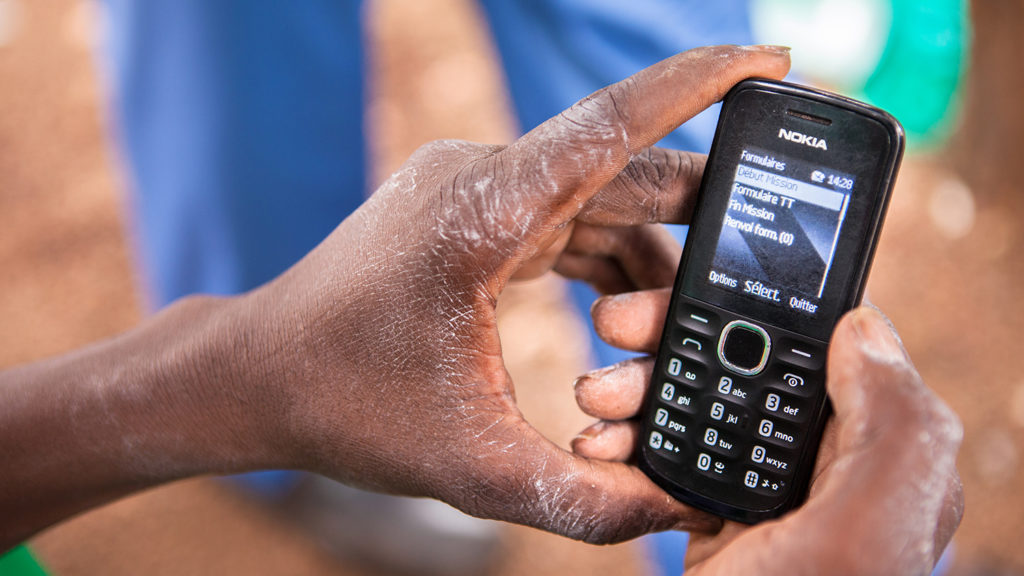Mhealth will improve national data collection and strengthen Burkina Faso’s health information system
The global vaccine alliance, Gavi, has announced it is teaming up with the Global Fund to co-fund the expansion of the mhealth project that allows Burkina Faso’s health ministry to use digital tablets both to improve national data collection and to strengthen the health information system.
Described as innovative, the mHealth project called MOS@N is an important mhealth project in the country that is also helping vulnerable populations in the Nouna district of Burkina Faso to access better health and greater access to health services. The project has also enhanced the status of women health workers by overcoming deep-seated gender biases.
“Marraines” (godmothers) have become central players in health education and mobilization — roles previously played by male community health workers. They are older women who have been chosen by their village leaders to accompany women through their pregnancy and childbirth, acting as intermediaries between their community and health workers.
MOS@N, a fusion of the words “mobile” and “santé” (health), has also empowered women to make decisions about their health and that of their children. These accomplishments reflect strong community engagement in the project.
According to the International Research Development Center, the MOS@N project was launched in 2013 to improve access to quality care for mothers, children, and people living with HIV/AIDS in Burkina Faso. Despite significant recent improvements in this landlocked West African country, high maternal mortality rates remain a major public health problem: in the rural Nouna district, for example, there are 341 maternal deaths per 100,000 live births. Only 70% of women receive prenatal care and 34% give birth at home rather than at a health centre. HIV/AIDS rates remain high, and as many as 30% of those infected don’t follow up with required treatment.
Obstacles to accessing maternal care include distance to health centres, shortages of skilled health staff, lack of information on sexual and reproductive health, and the high cost of medical treatment. Health information provided to pregnant women and health providers is often not delivered at the right time or is not up-to-date. Deep-rooted paternalistic social values in the community also lead many men to forbid their wives to “waste their time” at the health centre when they could be working in the fields.
